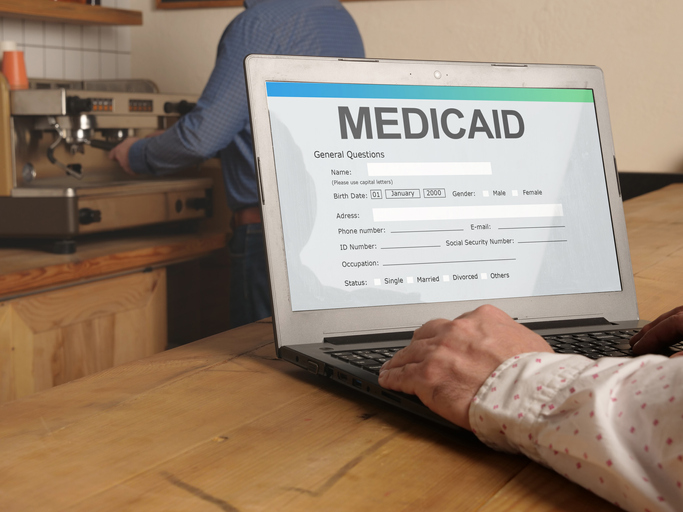North Carolina has picked up 450,000 new Medicaid enrollees in the first six months since becoming the 41st state to expand Medicaid.
The state’s Department of Health and Human Services reports nearly 6 percent more of the state’s population has enrolled in Medicaid since the legislature, on December 1, 2023, approved Gov. Roy Cooper’s budget, which included expansion. Cooper had made several attempts to expand Medicaid eligibility but was up against a resistant legislature. Cooper said expansion could open Medicaid to more than 600,000.
Adults with earnings 38 percent above the federal poverty level are now eligible for coverage in the state.
New enrollees have claimed coverage for more than 1,000,000 prescriptions since December 2023, according to Cooper’s office, with North Carolina health care providers receiving more than $347.5 million in health care reimbursements.
Federal ‘Carrots’
Cooper had pushed to increase enrollment in the program since 2017, even after a Republican-led lawsuit to halt expansion was brought against him in federal court.
“States are under significant pressure to take the federal money to expand Medicaid,” said Matt Dean, a senior fellow for health care policy outreach at The Heartland Institute, which co-publishes Health Care News. “It’s hard to blame legislators and governors who are under significant pressure to take billions in ‘free money’ to pay for the health care of people who cannot afford health insurance. But a look at states who have adopted expansion of Medicaid shows that there is no free lunch.”
Minnesota exemplifies the effects of expansion, says Dean. Boasting one of the lowest numbers of uninsured in the country, Minnesota was one of the first states to sign on for expansion in 2011, completing coverage goals in 2014. The result was disastrous, says Dean.
“As folks dumped private health insurance, the costs of individual health insurance skyrocketed,” said Dean. “In some counties, there were no plans to buy. This precipitated a private insurance bailout from the state, which continues to this day.”
Rural Hospital Fallout
In 2023, Cooper singled out rural residents as a population in particular need, saying in a news release the state’s “rural residents are 40 percent more likely to be uninsured and eligible for Medicaid expansion” and citing the closing of several rural hospitals since 2005.
Rural residents comprise more than 30 percent of the new Medicaid enrollees.
With mounting pressure on the state’s budget, rural hospitals will have to deal with Medicaid’s low payment reimbursements, says Jane Orient, M.D., executive director of the Association of American Physicians and Surgeons.
“I think Medicaid is a huge portion of most state budgets,” said Orient. “It generally underpays for care, so hospitals are stressed and that can increase costs to non-Medicaid providers, including commercial insurers and those who pay out of pocket.”
Medicaid expansion increases problems for rural hospitals, says Dean.
“While states see some lowering of that important uninsured number, you also see migration from private insurance to taxpayer-funded entitlement health care,” said Dean. “This hits rural hospitals with a double whammy of lower reimbursement and increased utilization of emergency care.”
Ineligible Recipients
The suspension of Medicaid eligibility rules during the COVID lockdowns increased states’ problems in moving ineligible people off the program.
“The Medicaid rolls continue to be populated with folks who do not qualify because they make too much money, live in another state, are on another public plan, or are dead,” said Dean. “As Medicaid numbers swelled during the emergency-powers Medicaid expansion, many states failed to disenroll enrollees who did not qualify or are drastically behind in doing so.”
Health care companies can benefit from Medicaid expansion, says Orient
“Medicaid is a cash cow for managed care,” said Orient. “Most Medicaid recipients are in a ‘plan.’ A plan such as UnitedHealth gets the money and doles it out to people who provide care, keeping a hefty share of it and doing everything possible to deny or obstruct care, creating a huge uncompensated burden for physicians. The plans and the state need a forensic audit.”
ER Bunk
Reducing the use of emergency rooms (ERs) for routine care has been another empty promise of expansion proponents, says Dean.
“ER utilization has increased, not decreased,” said Dean. “There is little incentive to not just show up at the ER for routine care if patients have no premium, deductible, or copay.”
Ashley Bateman (bateman.ae@googlemail.com) writes from Virginia.
